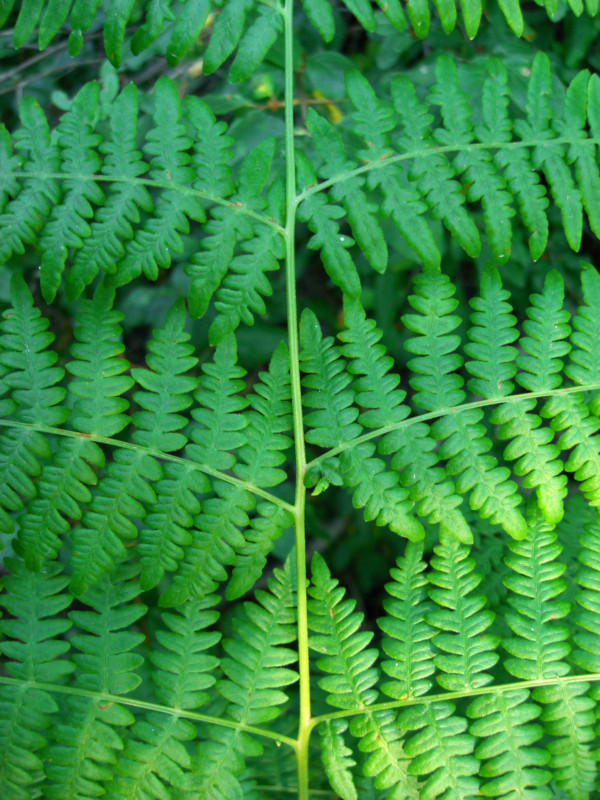In wildness is the preservation of the world —Henry David Thoreau
Preamble According to the Online Etymology Dictionary, wild, used as a noun, means an uncultivated or desolate region, and is derived from the adjective wild rather than the other way around. In the 13th century, the noun wilde meant wild animal.
This will do.
The reason this will do is twofold: first because the Online Etymology Dictionary can, I believe, be counted on for sound scholarship; and second because, even if the Online Etymology Dictionary cannot be counted on for sound scholarship, the etymology of the wild no longer really matters the way it used to.
How so? Because we’ve lately entered the Pandoracene epoch which, almost by definition, is a period in the history of the world when the meaning of a noun like wild is better linked to the proper ecophysiological functioning of the Living World that Sustains Us than to its etymological history in the Time Before. The two may be the same or they may not, but the ability of Living World to continue to sustain us must now take precedence.
First Approximation
peak to the what? Speak to the Wild.
In his 2006 book The Tree of Meaning, poet Robert Bringhurst includes a worthy essay titled Poetry and Thinking. Having chanced to reread this essay a few months back, I was delighted to find it speaks coherently to a question that had perplexed me for well over a decade, namely the question of the meaning of the Wild in these Pandoracenean times we now inhabit.
In Bringhurst’s capable hands, the answer to this question now seems clear, at least to me, and here it is: the thing The Wild most closely resembles, that is to say the thing The Wild must henceforth be understood most closely to resemble, is poetry or, if you prefer, as Bringhurst does, the Living World thinking to itself.
Consider the following excerpts:
Poetry is not manmade; it is not pretty words; it is not something hybridized by humans on the farm of human language. Poetry is a quality or aspect of existence. It is the thinking of things.
Language is one of the methods we use to mime and to mirror and admire it, and for that reason poetry, as mirrored in human language, has come to be taught in the English department. They know at least as much about poetry in the Physics and Biology departments, and in the Mathematics and Music departments, but there they always call it by different names. If they are really old fashioned, they might even call it Truth or Beauty. If they are really up to date, they will never use such words, and the silence they put in their place is the name they use for poetry.
Those who are really up to date in the English Department now and then still mention poetry. But all they mean by poetry is poems. Poems are the tips of the icebergs afloat on the ocean of poetry. But poetry continues to exist, maybe even to thrive, whether or not we deny or misdefine it.
The obnoxious and contrary beings called poets have been around for quite some time – about three million years, if you think that poets are restricted to the genus Homo; maybe closer to three hundred thousand years, if you think that they’re restricted to the species Homo sapiens. Poetry itself has been here a lot longer – as long, I suppose, as things have been thinking and dreaming themselves, which might be as long as things have existed, or maybe somewhat longer.
…
When you think intensely and beautifully, something happens. That something is called poetry. If you think that way and speak at the same time, poetry gets in your mouth. If people hear you, it gets in their ears. If you think that way and write at the same time, then poetry gets written. But poetry exists in any case. The question is only: are you going to take part, and if so, how?
…
Poetry is what I start to hear when I concede the world’s ability to manage and to understand itself. It is the language of the world: something humans overhear if they are willing to pay attention, and something that the world will teach us to speak, if we allow the world to do so. It is the wén of dào: a music that we learn to see, to feel, to hear, to smell, and then to think, and then to answer. But not to repeat. Mimesis is not repetition.
This, then, is The Wild, that is, this is The Wild as I believe it must be understood in our time. It is not the superimposition of our usual modes of human seeing and being upon seeing and being itself. Instead it is the Living World attended to, insofar as this is possible, in its own terms: an ever-elusive grail one strives after, reaches for, comes ever closer to attaining, over a lifetime of dedicated apprenticeship.
Of course I could be mistaken, but it does seem to me that engagement with The Wild in this sense is the proper and, indeed, only work the Born Naturalist is being called to in these Pandoracenean times; see also Gaian Axioms.
Next up: God on Earth
